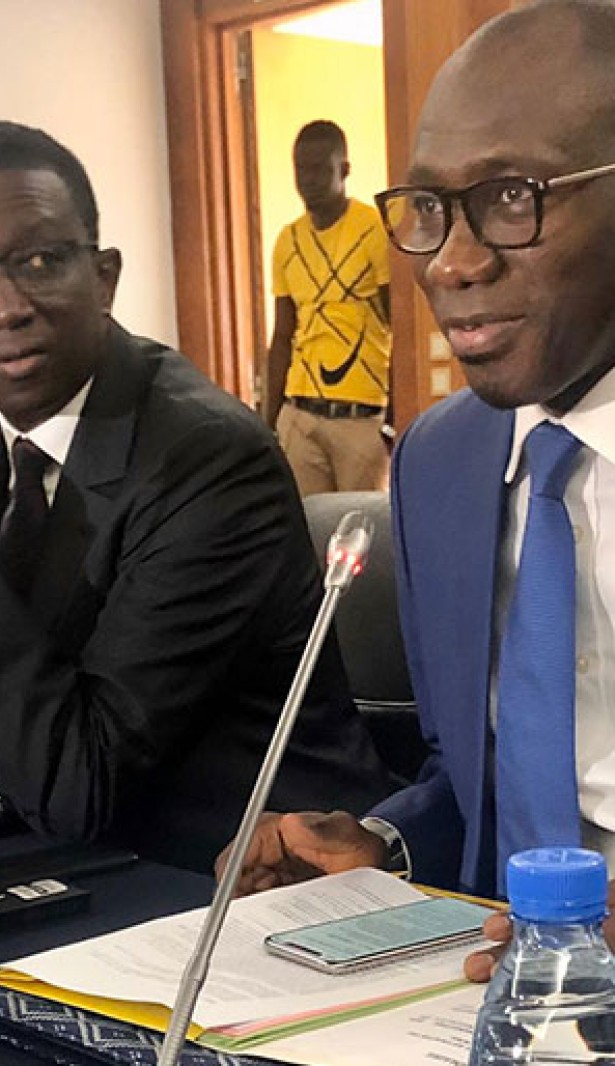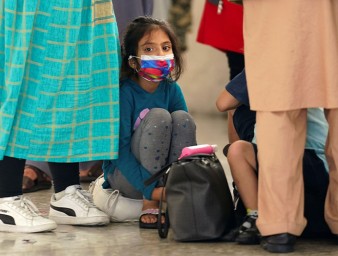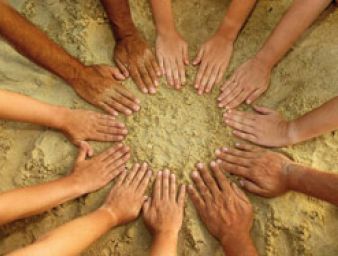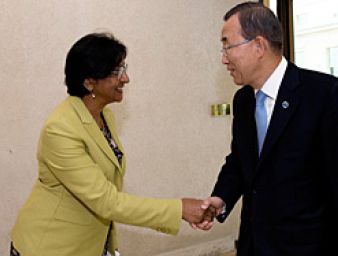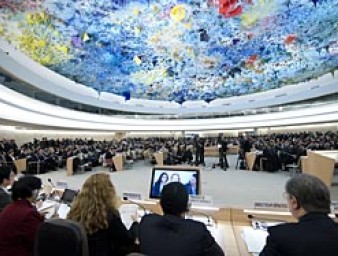Dakar retreat: Paving the way for the future of the Human Rights Council
23 October 2019
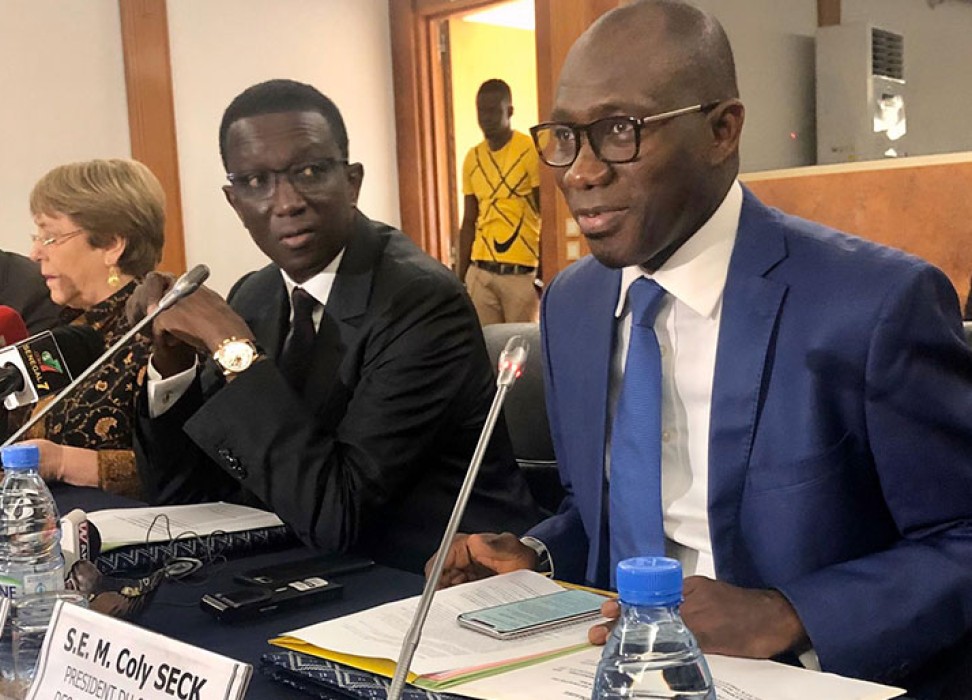
Over the past 13 years, the Geneva-based Human Rights Council has been tackling countless human rights issues, often sensitive ones other international organisations have been unable or unwilling to discuss. In doing so, the United Nations' principal intergovernmental human rights body has been widening its scope, in effect providing a vital setting for human rights defenders around the globe to express their views.
This week, State representatives of the 47-member body, together with representatives of civil society, international organisations and human rights experts, gathered in Dakar, Senegal, to address pressing challenges facing the international community likely to underpin the work of the Council in the coming years.
The two-day retreat, held on 21 and 22 October in the Senegalese capital, included in-depth discussions on climate change, mass migration, social corporate responsibility, growing inequalities and emerging digital technologies and human rights. Participants assessed the Council’s work in these areas and discussed possible ways forward.
“These are fundamental concerns that affect the lives of people around the world. Therefore, the Human Rights Council should look further to identify the best ways and means to find a concerted and sustainable solution to these challenges,” stated Ambassador Coly Seck, President of the Human Rights Council and Senegal’s representative in Geneva, at the opening of the event on Monday. “It is most fitting we discuss these issues which will pervade our daily lives for decades to come,” he added.
Since it began meeting in 2006, the Council has been expanding its agenda to include topics not traditionally seen as human rights issues, such as climate change and digital technologies. In 2012, it created the mandate of the Special Rapporteur on human rights and the environment to examine human rights obligations relating to the enjoyment of a safe, clean, healthy and sustainable environment. The Council has also adopted several resolutions addressing climate change, mindful of the devastating effects of a rapidly warming planet on the basic rights of all of us who inhabit it.
More recently, in July this year, the Council decided to task its Advisory Committee to produce a detailed report to look at the possible impacts, opportunities and challenges of new and emerging digital technologies with regard to the promotion and protection of human rights. The Council has also devoted considerable attention to the issue of online rights, having passed no fewer than 10 resolutions on this subject. In 2015, it established the mandate of a Special Rapporteur on the right to privacy to monitor States’ policies and practices to ensure they uphold this right.
Speaking at the opening of the event, UN High Commissioner for Human Rights Michelle Bachelet noted the "pivotal role" the Council is playing on the issues of inequality, mass migration, climate change and the digital revolution and added: "The role of the Human Rights Council and its mechanisms has never been more essential. It stands as a forum where all issues can be discussed, concerns voiced, recommendations made and standards developed."
Taking place just ahead of a regional summit to mark the International Decade for People of African Descent (IDPAD), hosted by UN Human Rights, the African Union Commission and the Government of Senegal, participants of the Council retreat, visited the recently opened Museum of Black Civilisations in Dakar. The museum visit tied in with the Decade’s theme of recognition, justice and development taken from the unique perspective of Africa.
In the same vein, the objective of the retreat was to find ways to press forward on these important themes. “Our retreat is about how we can transform the abstract notion of human rights into reality,” Ambassador Seck remarked. “The issues we are discussing are real. They affect real people in real ways. We must do more as a community of nations to prevent them from occurring and to confront them when they do,” he added.
23 October 2019
